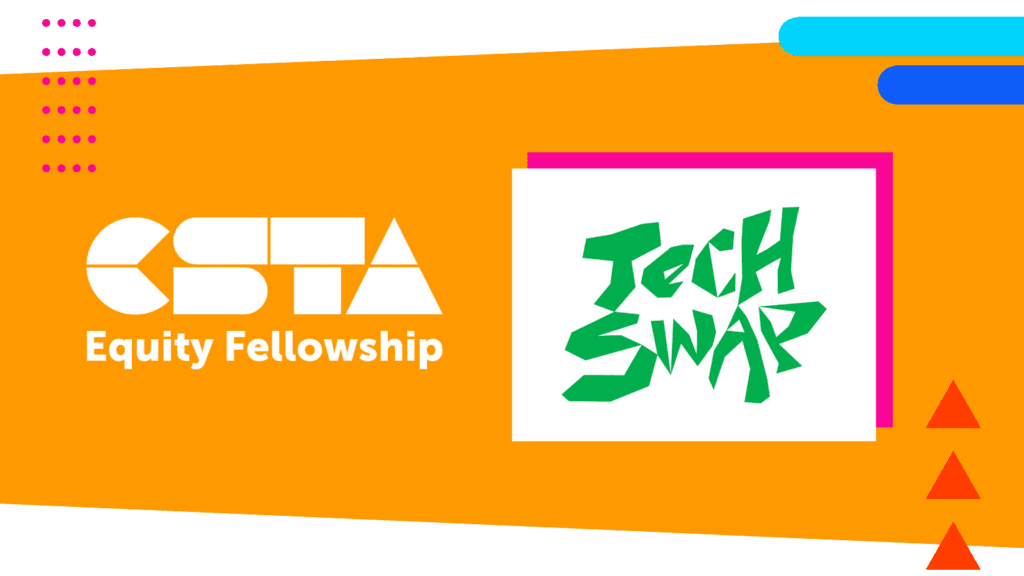Written by Tess Ramsey, Mark Godinez, Roza Shaimurat, and Angela Marquez
Tech Swap is a grassroots, educator-led mutual aid network that seeks to redistribute educational technology — putting EdTech into the hands of more students.
Yá’át’ééh! ¡Hola! Сәлем! Сайн уу! Hello! We are the founders of Tech Swap and current Computer Science Teachers Association (CSTA) Equity Fellows. This fellowship project was born from the idea that, through collective action, educators can support each other by sharing their material resources. Through local meet-ups and an online platform to host this growing network, our project will bring people together to increase access to educational technology in all schools, prioritizing those schools that have been historically underserved and underfunded (IEEE). As Computer Science educators, we understand the joy and excitement for learning that physical computing can have across the curriculum and grade bands. Learners of all ages deserve to use Educational Technology (EdTech) that can enhance their classroom experience and foster a greater understanding of Computer Science. And we, as a caring community of educators, can collectively work to make this a reality for all students.
If you are a K-12 educator looking for aid, we’re here for you! If you are an educator with resources to donate or lend locally, join us. If you are an industry partner, Tech Swap needs your support. No matter who you are, there is a place for you at Tech Swap. As the nonprofit cooperative, the Solidarity Economy Association puts it, “Mutual aid, in simpler words, is cooperation for the common good” (mutualaid.coop).
Interested in joining the cause? Begin by taking our Tech Swap Access Survey, to self-evaluate the current availability of technology at your school: Tier 1 (none or low access), Tier 2 (moderate access), Tier 3 (adequate or fantastic access). At local meet-ups, we will prioritize Tier 1 educators by allowing them to inherit donations or sign up for tech loans before other tiers. On our website, educators will be able to create listings for donating or requesting specific technology. Tier 1 educators will be able to see listings of donations before all other tiers. After 24 hours, Tier 2 educators will be able to view new posts, and after 48 hours Tier 3 will see these posts as well. You will be able to anonymously email users who created listings or requests that pique your interest and then facilitate the redistribution of tech amongst yourselves.
The Tech Swap network solely depends on our collective solidarity and commitment toward meeting the needs of our fellow educators. Here are some upcoming ways to participate:
- Create a Tech Swap account to join our online community when our website launches in July 2025.
- Celebrate and participate in the inaugural Tech Swap meet-up at the CSTA Annual Conference, in Cleveland, Ohio from July 8-11, 2025.
- Start your own in-person Tech Swap locally. If you’re wondering where to find existing communities of tech educators, consider contacting a CSTA chapter near you. The Tech Swap team is busy creating a guide to make this easy, so stay tuned!
- Interested in donating technology or funds? Contact us today!
We understand no two educators/schools/districts are identical and encourage everyone to consider how this idea might benefit your own community and to connect with us, so we can help you start a Tech Swap for your local context. An FAQ and resources to support the adaptation of our idea for your school/district/community are forthcoming and will be announced leading up to the 2025 CSTA Annual Conference.
We encourage you, our community, to further explore this idea at our website, join the discussion on social media, connect with our team, and share this idea far and wide so we can launch resources that benefit our entire K-12 community. All students deserve equitable access to current and emerging educational technology. All students deserve the opportunity to express themselves through Computer Science and carve out a space where they belong. Community needs vary widely, but we have this in common —we need each other, especially in education. Together, let’s make it happen.
Join the Tech Swap today!
In Solidarity,
👩🏫 Tech Swap Founders: Tess Ramsey, Mark Godinez, Roza Shaimurat, Angela Marquez
📧 info@tech-swap.org | 🌐 Coming Soon: tech-swap.org
🔗 Follow: @techswap_network | 📍 Meet us at #CSTA2025
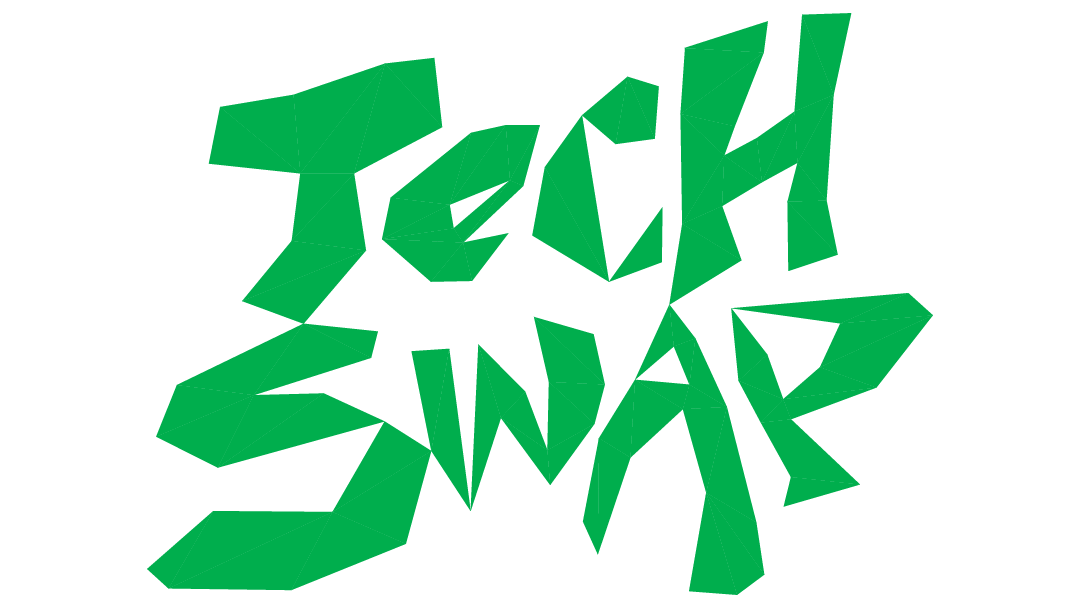
🧡 Why It Matters:
“Mutual aid is cooperation for the common good.” (mutualaid.coop)
All students deserve equitable access to current & emerging EdTech, and a space to belong in Computer Science.
📣 Get Involved!
- 🌐 Sign up when the site launches: July 2025
- 🤲 Donate tech or funds
- 🧭 Start a local Tech Swap
- 📢 Spread the word using #techswap_network
About the Authors
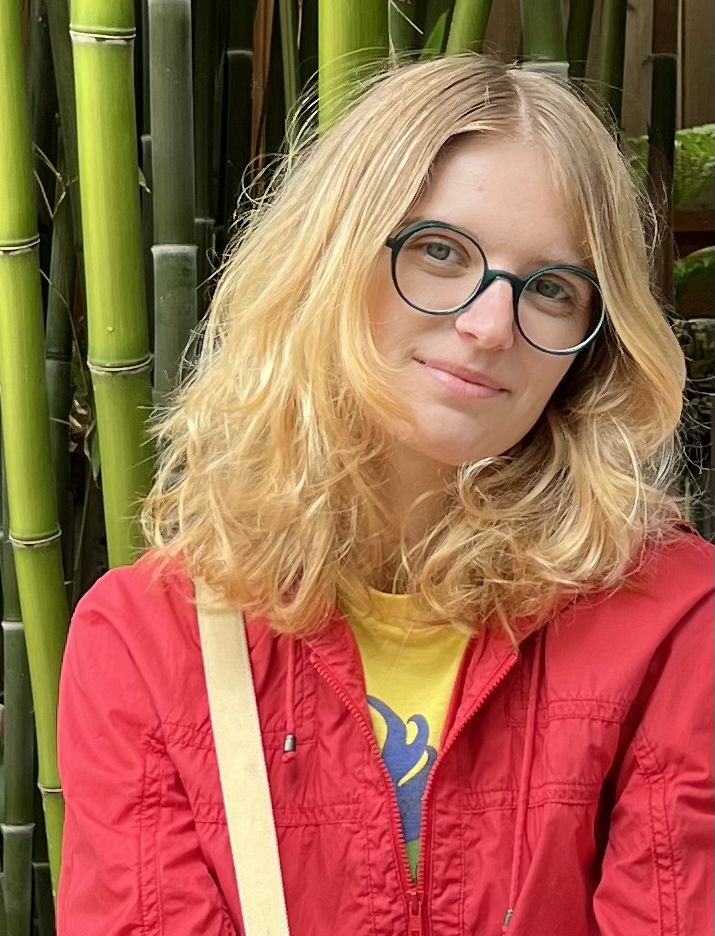
Tess Ramsey (they/them) is a new media artist, technologist, and educator based in New York City. They run a makerspace at The Speyer Legacy School and teach Creative and Computational Thinking classes to students in grades 5-8. In addition to teaching technical skills of design, engineering and computer science, they help students develop their ‘maker mindset’ by celebrating creative agency, collaboration, problem solving, and resiliency. Before becoming a teacher, they received their BFA in Sculpture from the Tyler School of Art, where they focused on promoting gender equality through performance art, interactive installations, and community workshops. In their free time, they love to knit and search for rare vintage virtual pets to add to their ever growing collection.
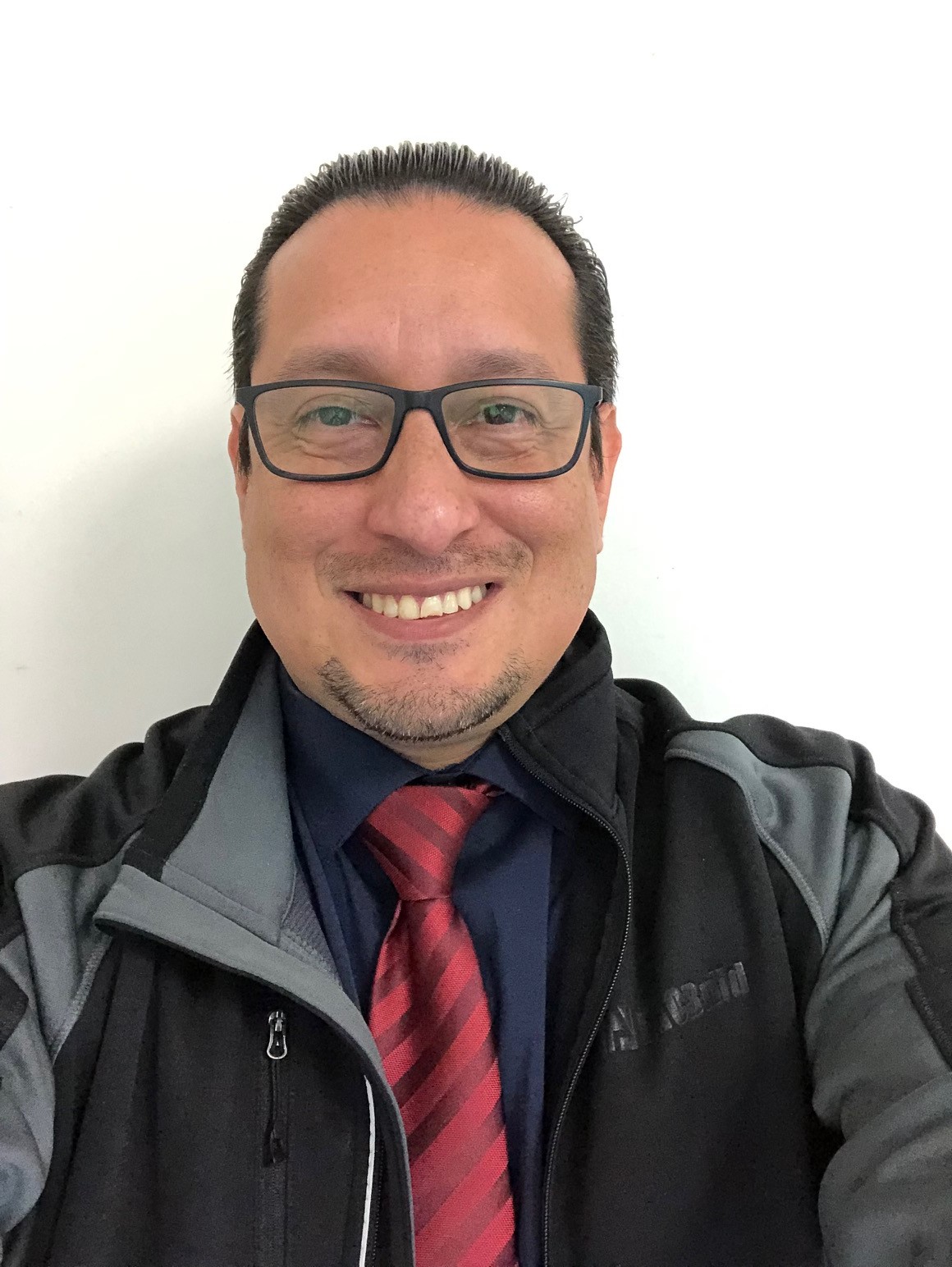
Mark Godinez is the lead teacher for the Academy of IT at South Dade Senior High School in Homestead, Florida, and the Miami CSTA K-16 Liaison of Student Engagement. He teaches Game Design and IT courses. During the summer he works with the Migrant Education Program with students in 4th through 8th grade. He received the Regional CSTA Teaching Excellence Award in 2023 and is a 2022 National NCWIT Educator of the Year recipient.
Mark was also named the 2019 and 2020 South Florida Affiliate NCWIT Educator of the Year and the 2018 South Dade Senior High School Teacher of the Year. He was a 2020 NASEF Scholastic Fellow promoting Scholastic Esports and Service learning.
Mark is passionate about promoting IT and Engineering outside of school. He founded a National Computer Science Honor Society to help promote computer science in his school and community. He recently earned a Computer Science K-12 Teaching Graduate Certificate from the University of Florida.
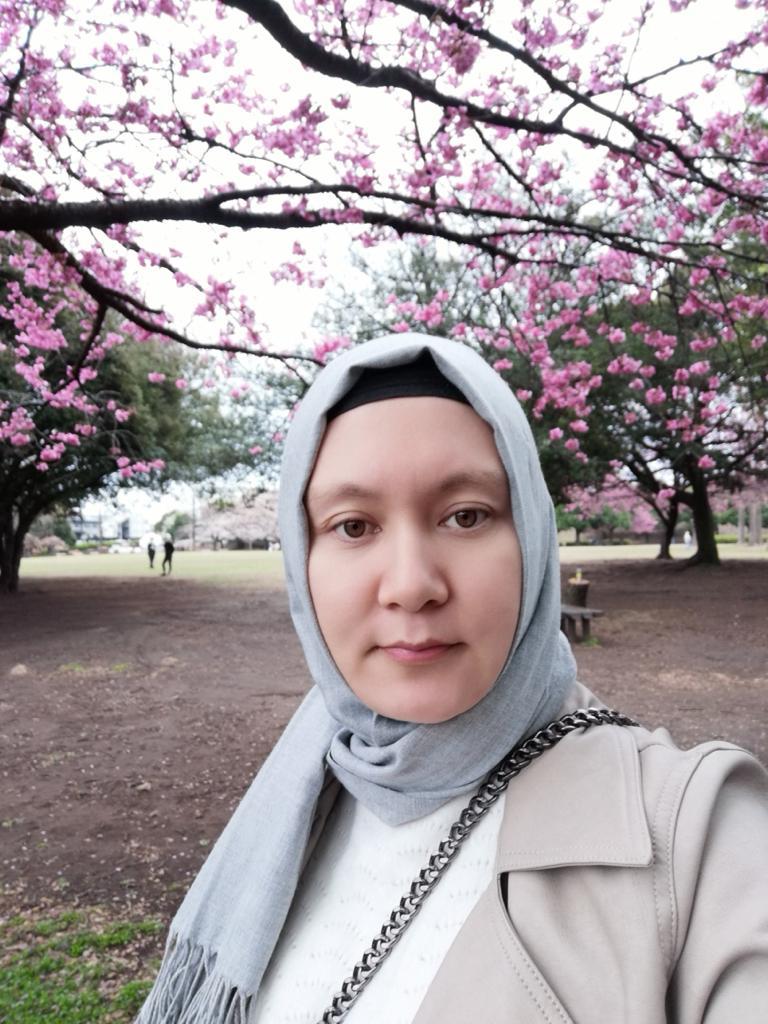
Roza Shaimurat is an experienced Computer Science teacher, currently in her 12th year of teaching the subject. She teaches AP Computer Science Principles, Programming Year 1, and Programming Year 2 at Lisa Academy North Middle High School in Arkansas. In addition to her teaching roles, Roza is the coach of the VEX IQ Robotics Club and the Coding Club. She is passionate about promoting equity in computer science education, ensuring that all students, regardless of their background, have the opportunity to succeed. Roza holds a Master’s degree in Information Technology (MSIT) and actively works to challenge stereotypes and provide support to underrepresented groups in STEM.
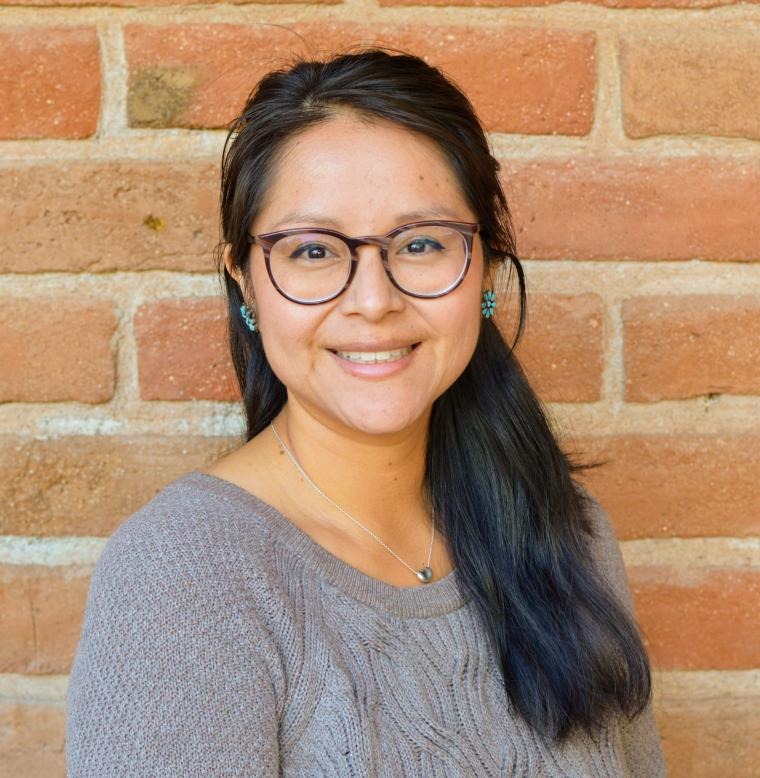
Yá’át’ééh! Shí éí Angela Marquez yíníshyé’. Táchii’nii nishłį́, Tł’ááshchí’í ’éí bá shíshchíín. Kinyaa’áanii ’éí dashicheii áádóó Tábąąhí ’éí dashinálí. Angela Marquez is Diné, indigenous to Leupp, AZ on the Navajo Nation. Angela’s work at the University of Arizona Data Sciences Academy (DSA) is grounded in relational accountability, entering any work through the lens of serving our relatives and sharing accountability with our communities. Educators at the DSA explore questions such as “What data stories do we care about?” and “How can we use data to answer our questions?” Working with Indigenous and Indigenous serving Computer Science (CS) educators, Angela sees the value of computer science education as giving tribal community members a choice to work from home, a choice to raise families with their home community, home language and home culture. Empowering today’s students in CS allows for a more equitable future for all students.

